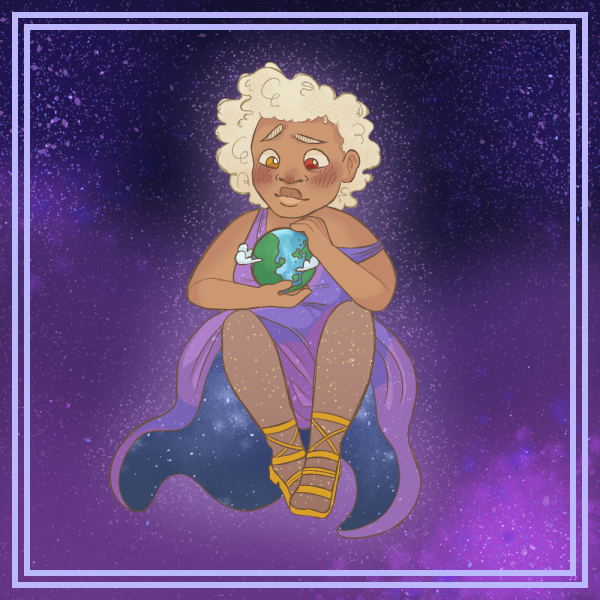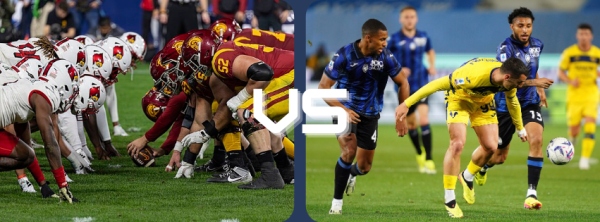Enough is enough between old enemies
September 20, 1993
Boston—The same phrase was repeated again and again, until it became the distillation of everyone’s wonder, the common denominator of everyone’s quiet shock: “I never thought I would see this.”
I heard the words Monday from a man of forty and a woman of eighty, from a Middle East expert and a Midwestern worker, from someone who had been on the White House lawn and someone who had watched in front of a television set in her living room.
Yitzhak Rabin and Yasser Arafat. The Israeli and the Palestinian did not just represent each other’s enemies but each other’s demons. Parents in Tel Aviv and children in the Gaza Strip have lost sons, daughters, brothers, fathers at each others’ hands.
Yet there the two sides were, in a ceremony of gravity and solemnity, full of biblical references and cadences. The Israeli foreign minister Shimon Peres, signing a paper promising to recognize the “devil” as the legitimate representative of the Palestinian people. The PLO official, Mahmond Abbas, signing a paper renouncing terrorism and acknowledging the existence of the nation they had promised to wipe off the map.
There they were, all of them, shaking hands. Shaking hands. And witnesses saying: I never thought I would see it.
Students of body language may analyze the tortuously slow ascent of Rabin’s hand to meet Arafat’s hand. “This signing … is not so easy,” Rabin had said soberly and his difficulty was palpable. It was if he were lifting an enormous weight at the end of his arm. But in that handshake, the past loosened its hold.
For all the caution, for all the caveats about first steps, the Jewish New Year that begins this week may mark the true end of the postwar period. The unending Middle East crisis was, after all, as permanent a part of the postwar landscape as the Cold War that divided the world into U.S. and U.S.S.R. But beyond that, for many Jews this period was darkened by the shadow of the Holocaust.
Palestine was opened to Jews nearly a hundred years ago in a British version of a joint custody arrangement. But Israel had its moral and then martial birth in the postwar climate.
The Jewish claim to a homeland was seen as a kind of compensation by a world still gasping at the enormity of Hilter’s genocidal murder. To the world’s Jews, for whom the relentless history of anti-semitism climaxed with the Holocaust, Israel became a homeland in Robert Frost’s sense of home: the place where, when you had to go there, they had to take you in.
From the beginning, Israel was David surrounded by the Arab Goliath, always beleaguered, always on the defensive, the brink of extinction. In 1967, the Six Day War become a euphoric counterpoint to that fear of disaster and to the memory of helplessness, of European Jews being led to slaughter. It put military weight behind the postwar, post-Holocaust promise, “Never Again.”
But over the past decade, the proud image of the Six Day War became the painful image of the Intifada. The moral image of the Jewish army in self-defense came to include a murkier, more troubling image of the Israeli soldiers aiming weapons at Palestinian boys throwing stones.
In the eyes of the world it became harder to tell terrorist from terrorized. The Israeli claim to a higher moral ground came down to survivalism.
At times Israelis and Palestinians vied, not only for territory, but for the moral status of victimhood. And when that happened, even the Holocaust, as evil as anything in human history, was sometimes used as little more than a trump card.
When Rabin became prime minister, this skeptical old warrior who was born in Palestine told his country and its friends that the time had come to stop thinking “the whole world is against us.” It was time to stop using fear as the guiding principle.
The end of the postwar period does not mean the denial of history or pain. But in President Clinton’s words, the Middle East was so “drenched in warfare and hatred” that “many believed the past would always have the upper hand.”
Instead, on a morning in September, two old enemies, with their devils and demons, shook hands. As Rabin said in his deep, flat, sad voice, “Enough of blood and tears. Enough.”
I never thought I’d see it.













